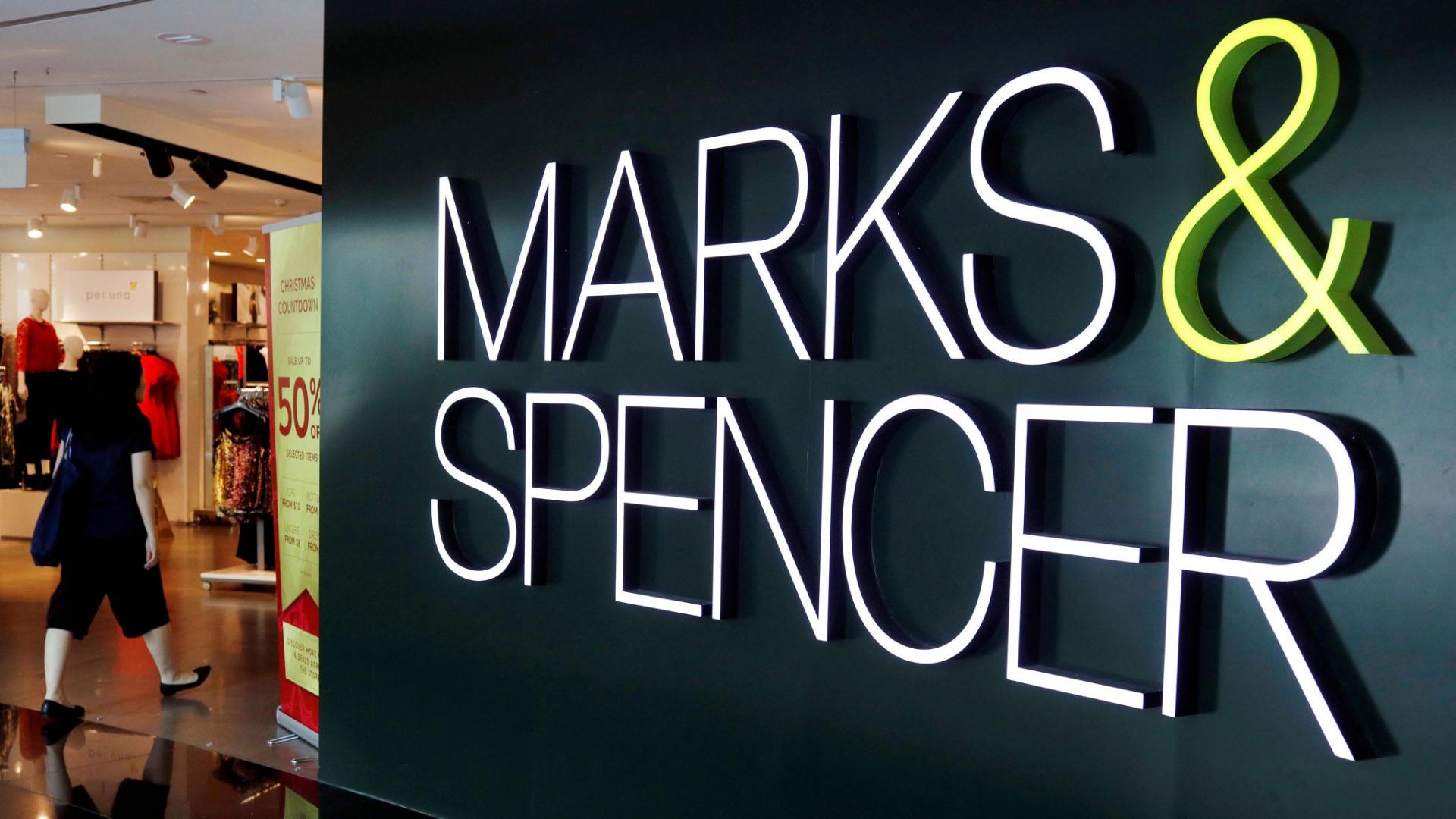

As the world economy continues to globalize, numerous brands are seizing the opportunity to expand overseas, particularly those with a strong reputation in their domestic markets. For these brands, venturing into foreign markets not only leverages scale economies but also facilitates the transfer of accumulated brand equity to new entities abroad. This holds especially true in developing countries, where foreign brands often receive a warm welcome from local consumers. Explore the strategic importance of brand localization in global expansion for sustained success.
Still, this “easily-gained” acceptance is not going to transfer into profits if the company overlooks local consumer specific needs and demands. After all, consumer preference and loyalty depends on both functional and emotional attribute of brand.
Marks & Spencer, for example, has been quite disappointed by the ROI from its recent investment in Shanghai – China. The beloved British brand stands for the largest retailers in the UK with more than 600 stores and 20 million visitors every day.

Still, after having entered the Chinese market M&S has found out the hard way that what appeals to their consumers overseas – and even in Special Administrative Region of Hong Kong – might not be as successful as expected in mainland China.
Local consumers express dissatisfaction with the UK retailer, citing issues like sizing discrepancies and mismatched styles. This highlights a crucial aspect often overlooked – the need for brand localization. It appears that the UK brand is unaware of the well-known fact that Chinese customers generally have a slimmer build than Europeans. Supply chain problems have also led to shortages of food products on the shelves, further diminishing local consumer satisfaction.
In a recent revelation, Sir Stuart Rose, executive chairman of Marks and Spencer, acknowledges these mistakes in the Chinese market. A comprehensive research initiative into the tastes and shopping habits of Chinese consumers might have preemptively averted these challenges for the UK retailer. Explore the importance of brand localization and its role in meeting the diverse preferences of global consumers.
Source: chinaretailnews.com
A Labbrand Group Company © 2005-2025 Labbrand All rights reserved
沪ICP备17001253号-3To improve your experience, we use cookies to provide social media features, offer you content that targets your particular interests, and analyse the performance of our advertising campaigns. By clicking on “Accept” you consent to all cookies. You also have the option to click “Reject” to limit the use of certain types of cookies. Please be aware that rejecting cookies may affect your website browsing experience and limit the use of some personalised features.